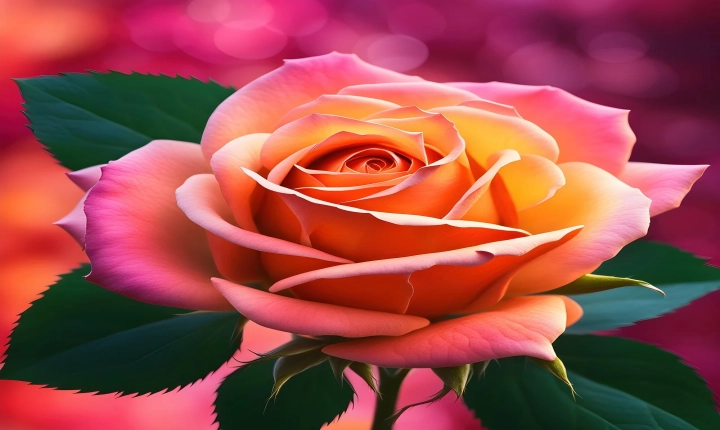Are AI Artists Really Artists?
Artificial Intelligence (AI) has advanced significantly in recent years, leading to the emergence of AI-generated art. This has sparked debates and discussions about whether AI-created artwork can be considered as authentic and meaningful as that produced by human artists. The question of whether AI artists are really artists is a complex and nuanced one, with proponents and skeptics on both sides of the argument.
Advocates of AI-generated art point to the sheer creativity and originality displayed by AI algorithms. These systems are capable of analyzing vast amounts of existing art, music, and literature, and then generating new compositions that are often strikingly innovative and thought-provoking. AI-generated art has been exhibited in prestigious galleries, sold at high prices, and celebrated for its ability to push the boundaries of traditional artistic expression.
One of the arguments in favor of AI artists is that the process of creating art is not limited to humans alone. AI algorithms can be programmed to “learn” artistic techniques, styles, and trends, and then use this knowledge to produce new and unique pieces. Proponents of AI-generated art often emphasize the collaboration between human designers and AI systems, arguing that this partnership can result in a fusion of human creativity and machine intelligence that goes beyond what either could achieve individually.
However, critics of AI artists question the authenticity and meaning behind AI-generated art. They argue that art is inherently a reflection of the human experience, emotion, and perspective, and that AI lacks the ability to imbue its creations with the depth and soulful qualities that define human art. Critics also worry about the potential devaluation of human creativity and labor if AI-generated art becomes widely accepted and commercially successful.
Another concern is the question of originality and authorship. Can a piece of art created by an AI algorithm truly be considered original or a product of the machine’s own creative agency? The issue of intellectual property rights and legal ownership of AI-generated art is also a contentious one, raising fundamental questions about the nature of authorship and creativity in the digital age.
The debate about whether AI artists are really artists is not likely to be resolved anytime soon. As AI technology continues to evolve, the boundaries between human and machine creativity will become increasingly blurred, and the societal and ethical implications of AI-generated art will become more pronounced. It’s clear that this is a topic that demands careful consideration and thoughtful dialogue among artists, critics, scholars, and the broader public.
In the end, the definition of art and the role of artists in society are continually evolving, and AI-generated art represents a significant, albeit controversial, development in the artistic landscape. Whether AI artists can truly be considered artists is a question that speaks to the heart of what it means to create, express, and appreciate art in the 21st century.
